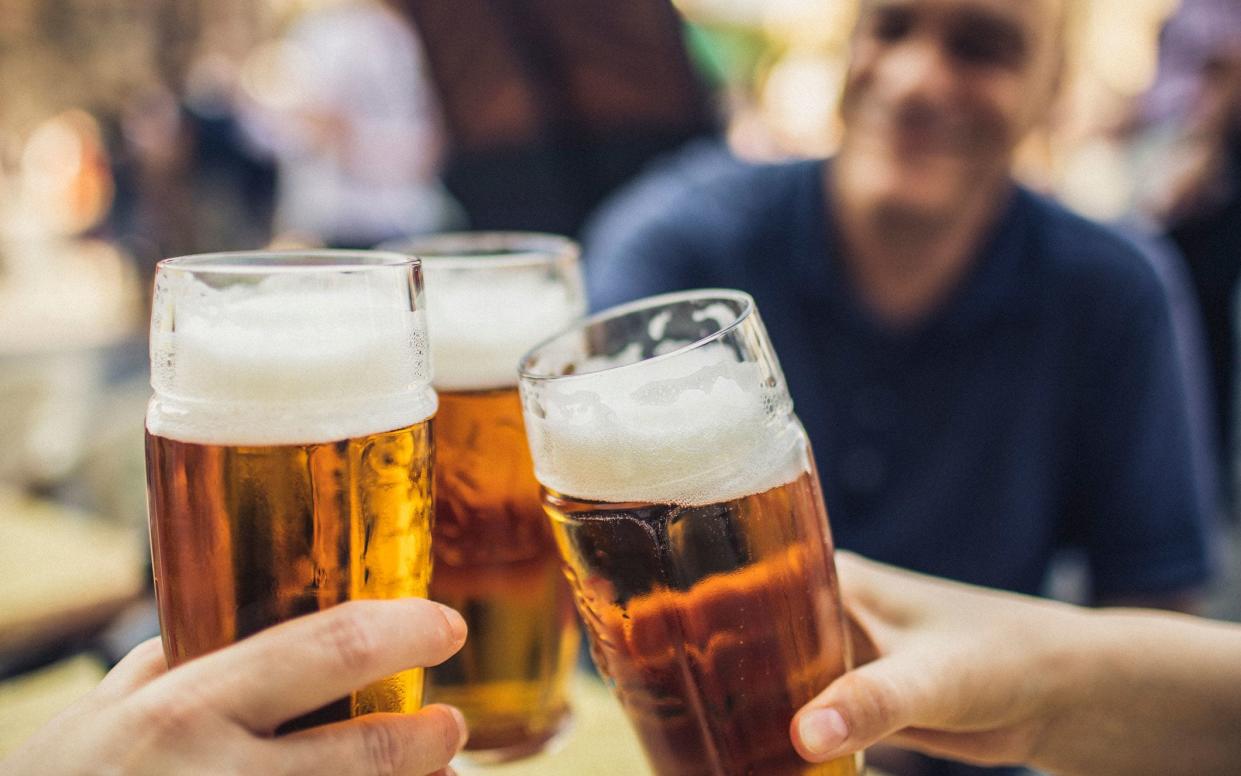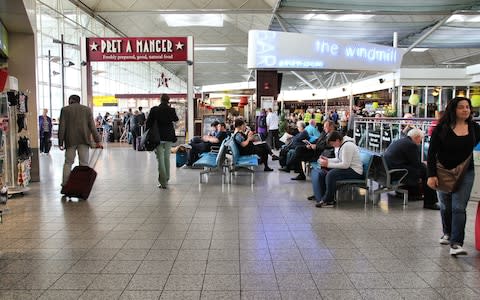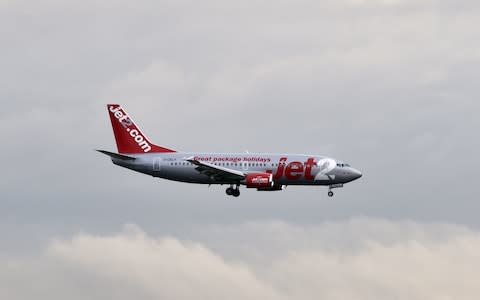New alcohol awareness campaign targets ‘Wild West’ drunkenness at UK airports – but will it work?

A government-backed campaign to prevent inebriated passengers from boarding airplanes launched today, on what is predicted to be the busiest day of the year for Britain’s airports.
The One Too Many initiative is being rolled out at ten airports – Gatwick, Stansted, Birmingham, East Midlands, Manchester, Glasgow, Aberdeen, Southampton, Bristol and Newcastle – where passengers will see warnings about alcohol consumption posted on digital display screens, in duty-free shops and on leaflets handed out by the police.
“Disruptive passengers have the potential to ruin other people’s flights,” said Baroness Sugg, the aviation minister. “This campaign is an important new step to ensure all passengers are aware of the consequences they face if they behave disruptively after drinking before or on board a flight.”

What are the consequences of drunken behaviour?
Passengers found to be intoxicated on a plane could be fined up to £5,000 and jailed for up to two years for breaching air navigation orders. If the plane is diverted due to their behaviour then they may also have to pay a fine of up to £80,000 to cover the cost of an unscheduled landing.
Some airlines have also threatened to ban drunk passengers from flying. Last month Jet2 made good on such threats when it imposed a lifetime ban on an inebriated man, who allegedly forced a Belfast-Ibiza flight to be diverted to Toulouse.
Are fines actually handed out?
Yes. In January 2018, Nicholas Springthorpe, an insurance salesman from Doncaster, was fined £3,205 by magistrates after admitting to being drunk on an Emirates flight from Dubai to Birmingham.
The same fate befell Stephen Hays, who was ordered to pay £667 by North Tyneside Magistrates’ Court in May 2018, after pleading guilty to one count of being drunk on an aircraft.
In 2016, Jet2 took matters into its own hands by invoicing a female passenger for £6,800 after it was alleged her unruly behaviour forced a Tenerife-Newcastle flight to be diverted to Shannon Airport, Ireland.

But while Jet2 has got tough on alcohol, other airlines have come under criticism for allowing passengers to drink to excess.
One such carrier is British Airways, which this week was taken to court by London businessman, Christopher Pattinson, who claimed inebriated football fans “ruined” his flight to Las Vegas.
Pattinson told the court that he was “concerned that airlines can feed passengers as much alcohol as they want and allow them to get out of control”.
BA claimed its staff warned the football fans about their behaviour but were ignored and added that it “owes no duty to ensure that passengers remain sober during flights”. The court ruled in the airline’s favour.
At a glance | What do you do with a drunken flier?
Is drunkenness becoming more of a problem?
One industry insider told Telegraph Travel that airports were becoming like the “Wild West” during the busy holiday season as fliers take advantage of early morning opening hours at airport bars.
Official figures seem to support this. According to the Civil Aviation Authority (CAA), 417 flights were endangered by abusive and violent travellers in 2017, more than double the total five years earlier.
Airlines such as Jet2 and Ryanair have hit out at UK airports, claiming they could do more to limit the sale of alcohol. However, the Airport Operators’ Association (AOA) has hit back, claiming airports are being responsible in the sale of alcohol.
Is the campaign likely to work?
Alcohol awareness campaigns – backed up by fines, prison sentences and bans – have helped reduce the number of drink driving casualties on Britain’s roads, which dropped from 31,430 in 1979 to 8,210 in 2014.
It wouldn’t be unreasonable to conclude that similar measures could have a corresponding impact on passenger drunkenness. However, while booze is as ubiquitous as it is in airports and on planes, inebriation will inevitably be an issue.
What should I do if I spot a pie-eyed passenger?
If you’re concerned about the behaviour of a passenger – drunk or otherwise – you should inform the airline or airport police, or you may have a tedious journey ahead.
At a glance | Alcohol rules for plane passengers

